Could solar panels save you money?
You've probably seen at least one on a rooftop near you - but what's the big deal? And do they actually save you money? goodtoknow investigates.
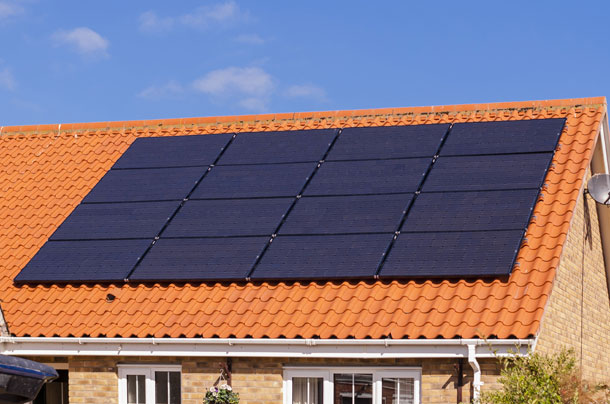
They're springing up on rooftops around the country - but what's the big deal?
Solar panel electricity systems, also known as Solar PV, capture the sun's energy to help you save money off your energy bills. And there's also the opportunity for you to make money, too.
You can use them to
- Cut your electricity bills (once you've paid the initial set up costs you electricity bills will be reduced)
- Get paid for energy that you generate, even if you use it.
- Sell energy that you don't use back to the grid
How much can you save?
Current calculations by the Energy Saving Trust (EST) estimate that a typical domestic system could save and generate an income of £770 every year. This is based on current rates which are set to fall again in April. An installation of this size generates 3,700 kilowatt hours of electricity - enough to power a typical home's electricity for a year.
Why are the rates falling?
The rates, called Feed in Tariffs (or FiT) have been falling every year in line with government energy targets - so the sooner you sign up the better.
How much do solar panels cost?
The average domestic system costs between £6,000 and £9,000 for an average of 16 panels on a roof - but it depends on how many panels you want to install. Costs have fallen significantly over the last year but they do vary between installers and products. Get at least three quotes from Microgeneration Certification Scheme (MCS) accredited installers to see how they compare.
Is there much upkeep required?
There are a few maintence costs. You will just need to keep panels clean and make sure trees don't start to overshadow them. The panels should last for 25 years or more but a piece of technology, called the inverter, is likely to need replacing during this time. This usually costs about £1,000.
GoodtoKnow Newsletter
Parenting advice, hot topics, best buys and family finance tips delivered straight to your inbox.
Can you get them?
Not every dwelling is suitable. To qualify for a FiT payment you need to have an Energy Performance Certificate of grade D or above - this rates your property on how energy efficient it is. You need one of these whenever you want to build, sell or rent a property. You can find out information on how to get one from the gov.uk website.
You home would usually need to have a south facing roof, with no shade and other buildings or trees. Solar panels still work on cloudy days - so there's no need to worry about that. Obviously they're more effective in bright sunlight, so the summer months are the most productive because of the longer daylight hours.
Are you tempted by solar panels? Tell us in the comment box below.
Where to next?
- The latest price glitch
- 10 energy saving myths busted
- How to switch energy suppliers
-
 How to save money: 28 family-friendly money-saving tips for mums and dads
How to save money: 28 family-friendly money-saving tips for mums and dadsUnderstanding how to save money is key to limiting the impact of rising costs as much as possible
By Sarah Handley Published
-
 14 surprising ways to spend your Tesco Clubcard vouchers - from restaurants and cinema passes to mini breaks and Disney+
14 surprising ways to spend your Tesco Clubcard vouchers - from restaurants and cinema passes to mini breaks and Disney+Tesco Clubcard vouchers can help you cut the cost of everything from groceries and travel to days out and cinema tickets
By Heidi Scrimgeour Published
-
 Where do kids eat free (or for £1)? 31 places children can get cheap food this summer 2024
Where do kids eat free (or for £1)? 31 places children can get cheap food this summer 2024Where do kids eat free (or for £1) in the UK during the summer holidays? From Bill's to YO! Sushi, we reveal where to eat free or cheaply.
By Selina Maycock Last updated
-
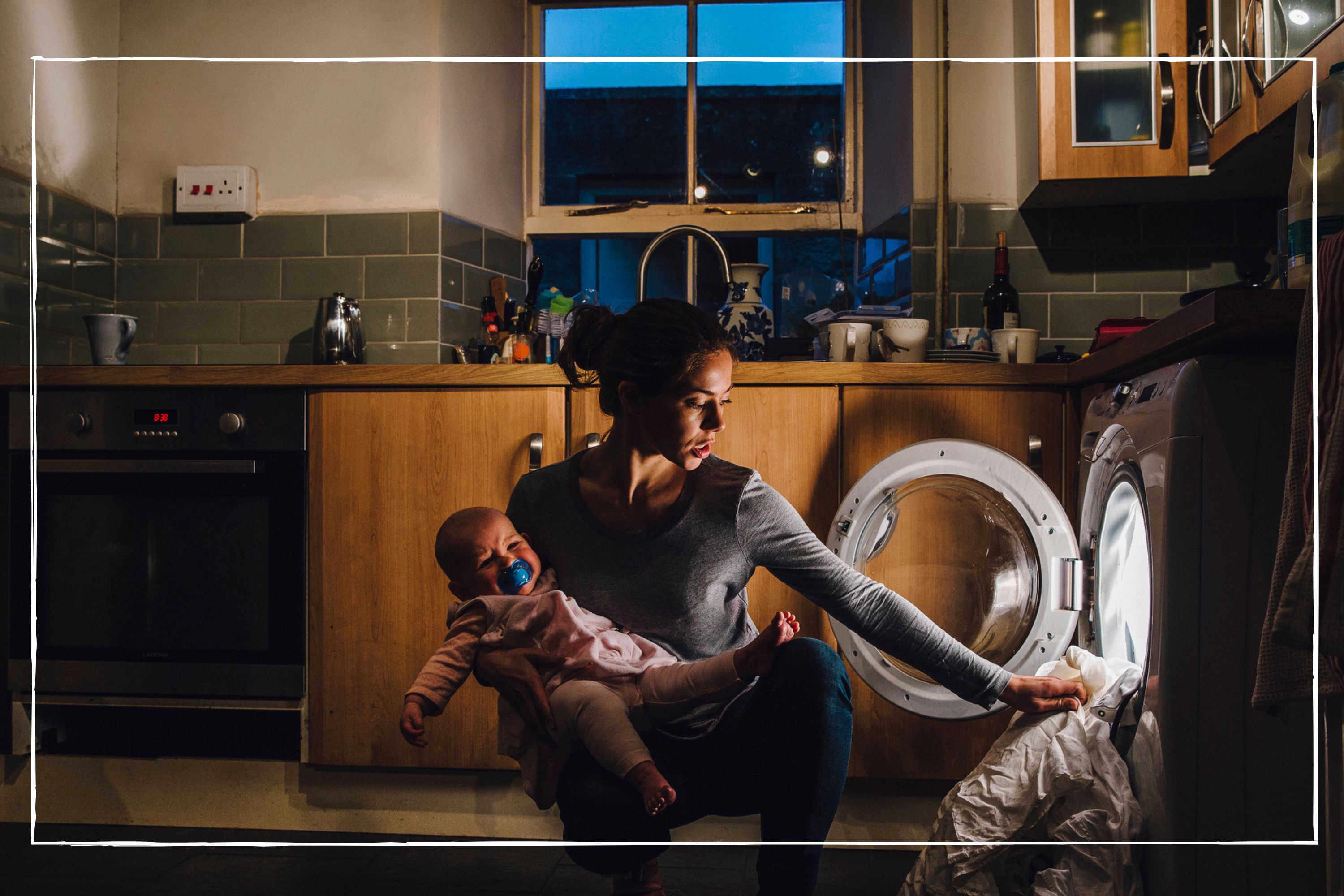 Is electricity cheaper at night and what time counts as peak and off peak?
Is electricity cheaper at night and what time counts as peak and off peak?There’s a lot of confusing advice around this topic, but our energy expert sets the record straight
By Emma Lunn Last updated
-
 10 ways families can save money when shopping with Amazon
10 ways families can save money when shopping with AmazonWe share top tips to help you get the best value when shopping with the online giant
By Sarah Handley Last updated
-
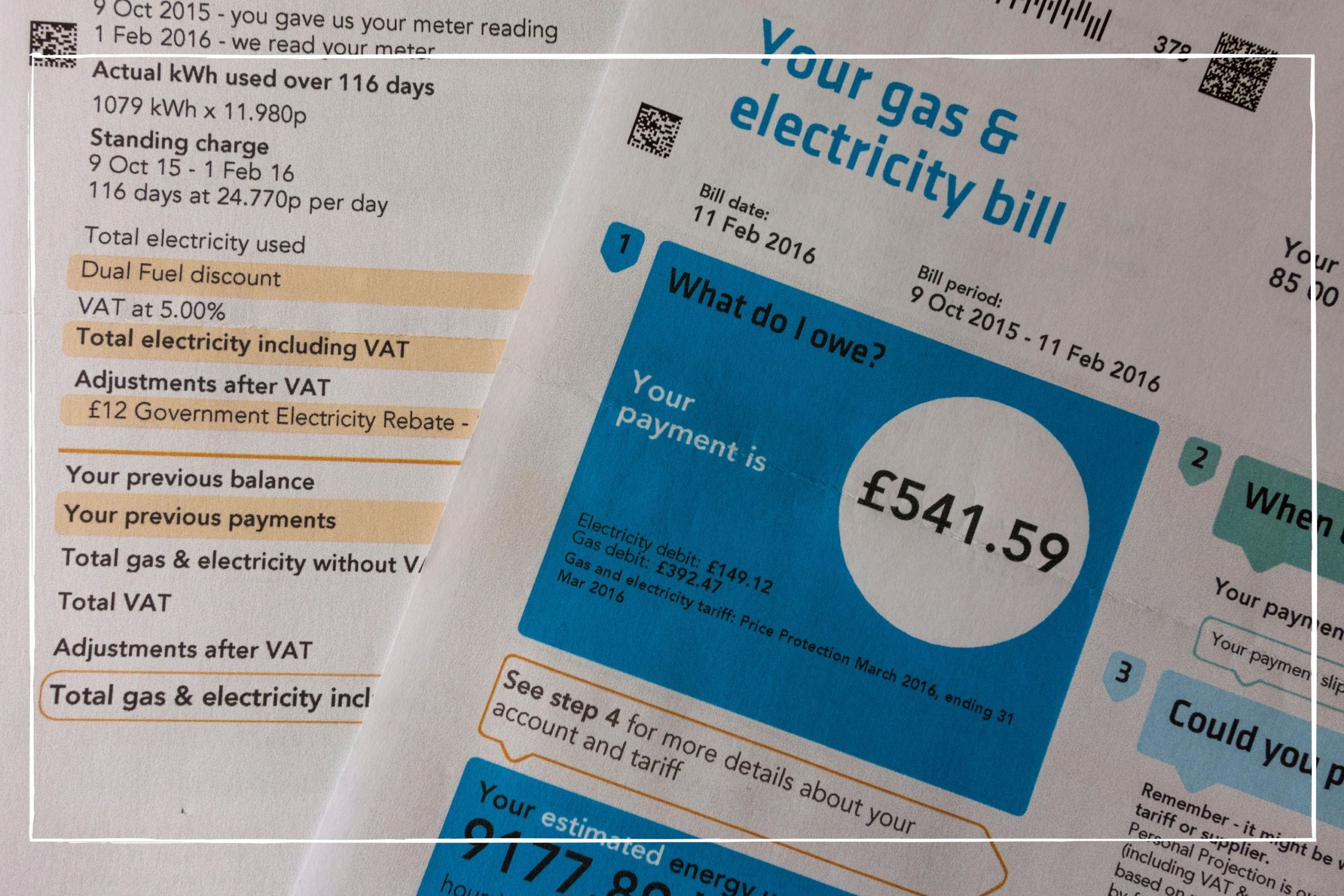 When will energy prices go down for your family?
When will energy prices go down for your family?Millions of families have been wondering when energy prices will go down now that the price cap is confirmed to drop
By Emma Lunn Last updated
-
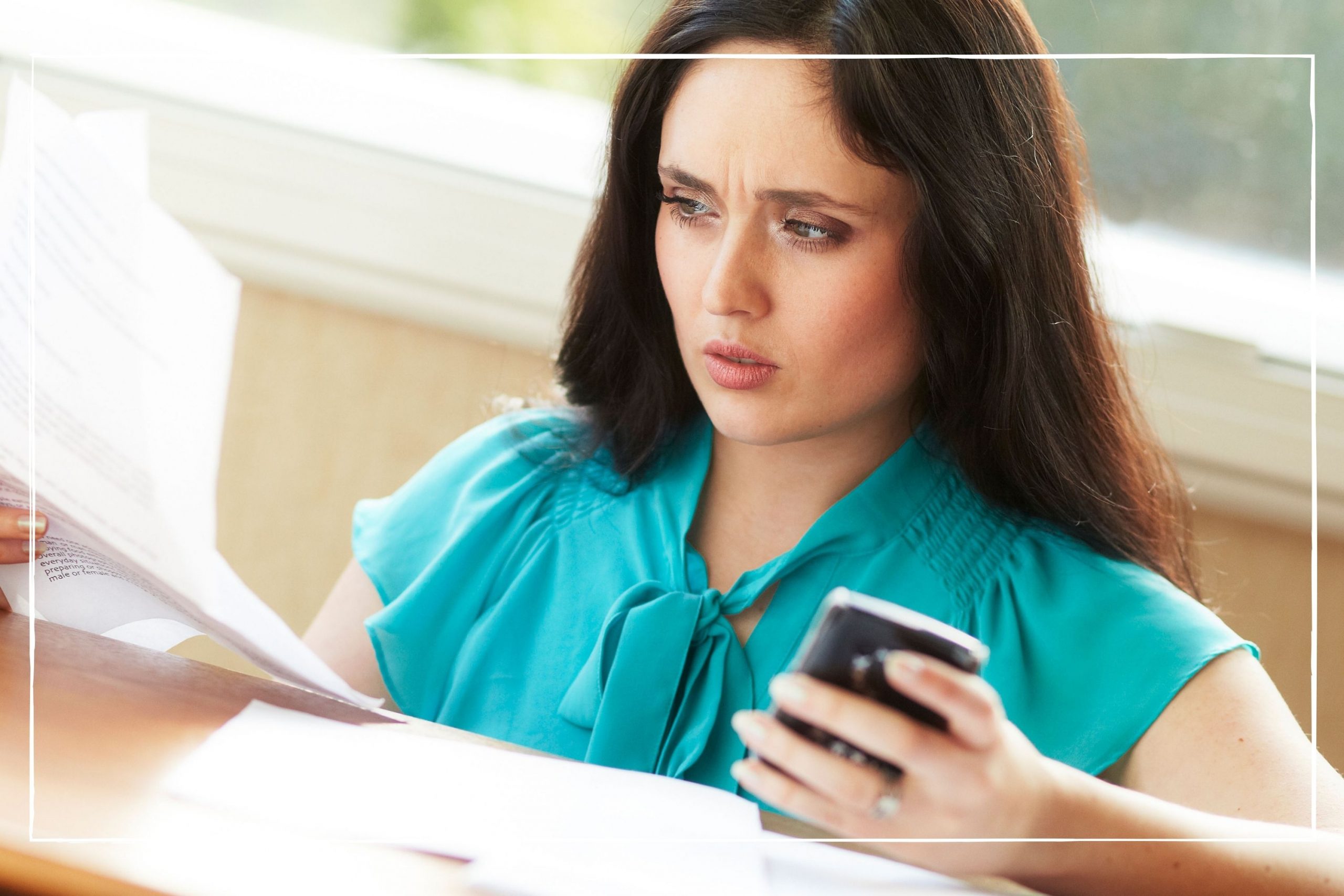 What to do if you’re struggling to pay your energy bills
What to do if you’re struggling to pay your energy billsAmid the cost of living crisis, it’s unsurprising that more and more people are wondering what to do if they are struggling to pay their energy bills
By Emma Lunn Last updated
-
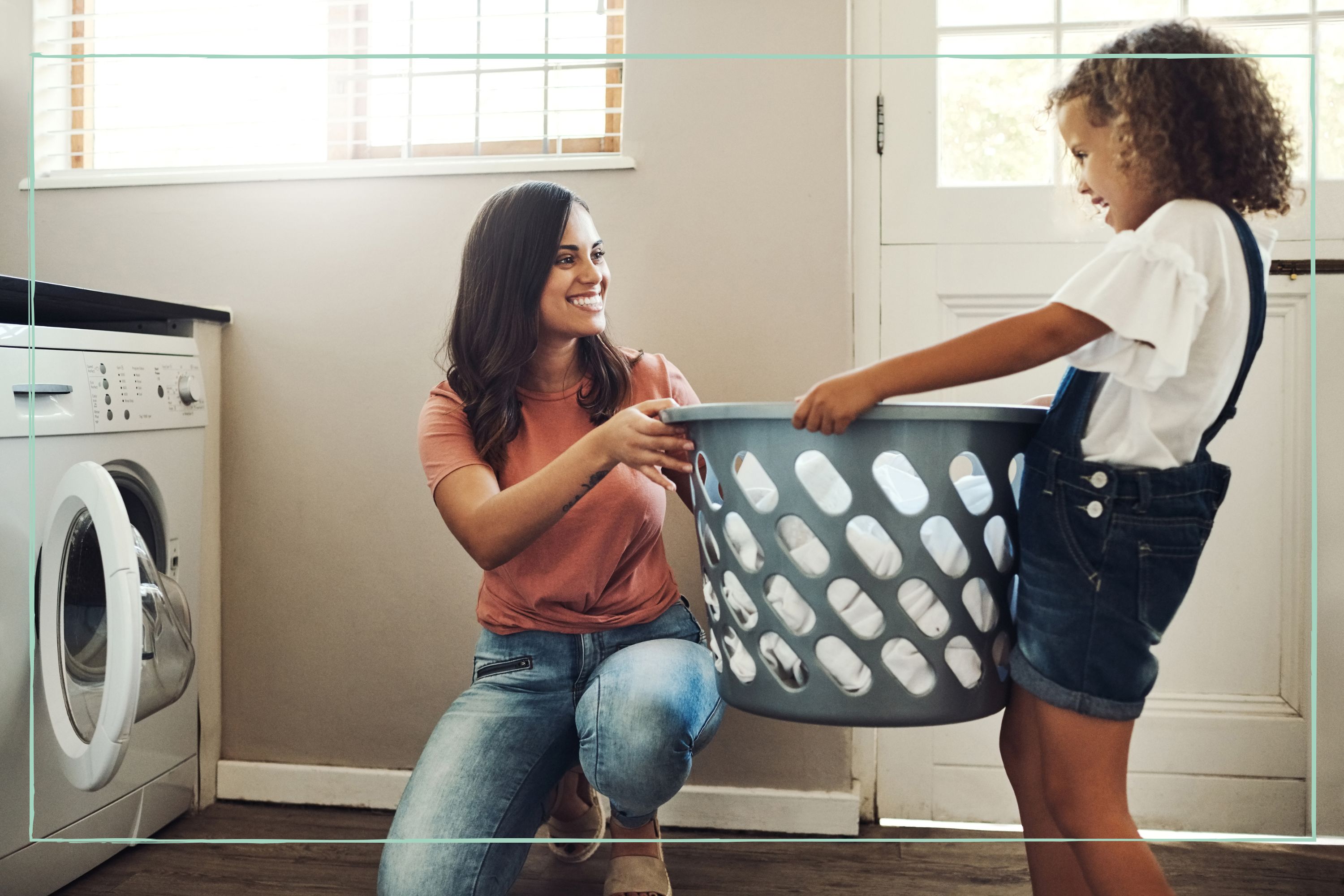 How much does a tumble dryer cost to run and how can you make it cheaper?
How much does a tumble dryer cost to run and how can you make it cheaper?Curious to know how much your tumble dryer costs to run and how to reduce costs? We’ve crunched the numbers to find out
By Sarah Handley Last updated